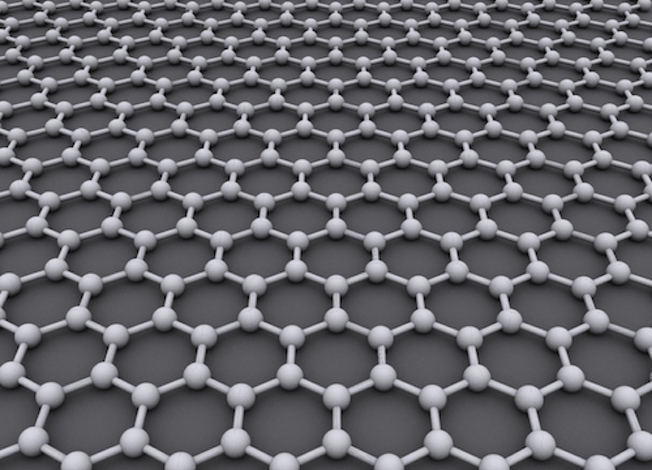Researchers at the Manchester Metropolitan University have launched a £ 500,000 funded project to develop a 3D printer capable of creating batteries, super capacitors and energy storage devices for phones a tablets as well as solar, wind and wave power storage.
Led by Professor Craig Banks, Associate Dean for Research and Professor in Electrochemical and Nanotechnology, the team is analysing new methods for 3D printing with conductive graphene ink to create batteries with increased charge storage to meet possible future demands.
“Energy storage systems (ESS) are critical to address climate change and, as clean energy is generated through a variety of ways, an efficient way to store this energy is required,” Prof. Banks explains. “Lithium and sodium ion batteries and super/ultracapacitors are promising approaches to achieve this. This project will be utilising the reported benefits of graphene – it is more conductive than metal – and applying these into ESS.”
Not only the choice of material, but also the overall architecture of ESS, which can be improved through 3D structures, is of critical importance. These would ideally feature high surface areas, good electrical properties and hierarchical pore structures.
“We’re trying to achieve a conductive ink that blends the fantastic properties of graphene with the ease of use of 3D printing to be manipulated into a structure that’s beneficial for batteries and supercapacitors.”
Subscribe to our Newsletter
3DPresso is a weekly newsletter that links to the most exciting global stories from the 3D printing and additive manufacturing industry.





















